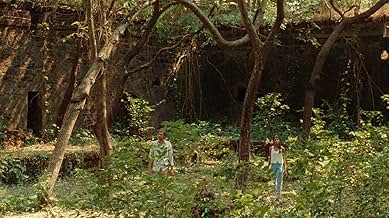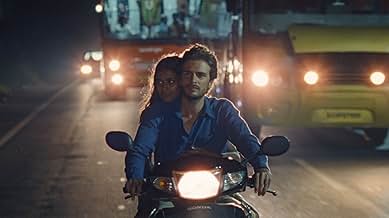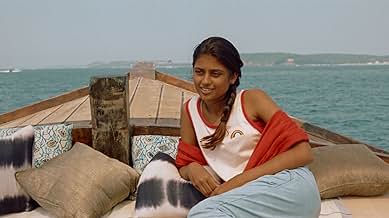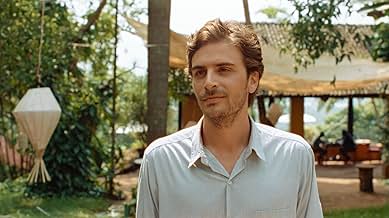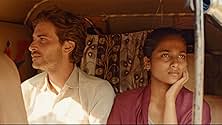Just released from captivity in Syria, Gabriel abandons everything he knows, including his wife, to return to a childhood home in Goa, India. He is intent upon becoming something other than a victim and regaining a positive outlook on life. The beatings and torture Gabriel suffered pale in comparison to the guilt and helplessness he feels. Mixing with crowds along the ocean shore, the pulse of the dance clubs and the beautiful people within, tropical breezes, moped rides at night, the rising sun, and the wild, exotic heart of India, help him to heal. The clincher is Maya, the college-aged daughter of his godfather. Love is within reach, but Gabriel is hesitant. "You have to know what you want," he dismissively tells the younger woman. That soft voice in the night calling out his name, is it Maya or the return of guilt and fear?
Maya is shot mostly on location in India. The country around Goa is beautiful and Hansen-Løve has a knack for including the landscape in the narrative. The acting and romantic chemistry are as hot as the country. I quite agree with the philosophy of Gabriel, immersing myself in nature and out of the ordinary terrains and people, to restore balance and well-being. Dialogue depth is lacking, but overall an intriguing and resplendent film. Mia Hansen-Løve is the director of Things to Come and Eden. Seen at the Toronto international film festival.

